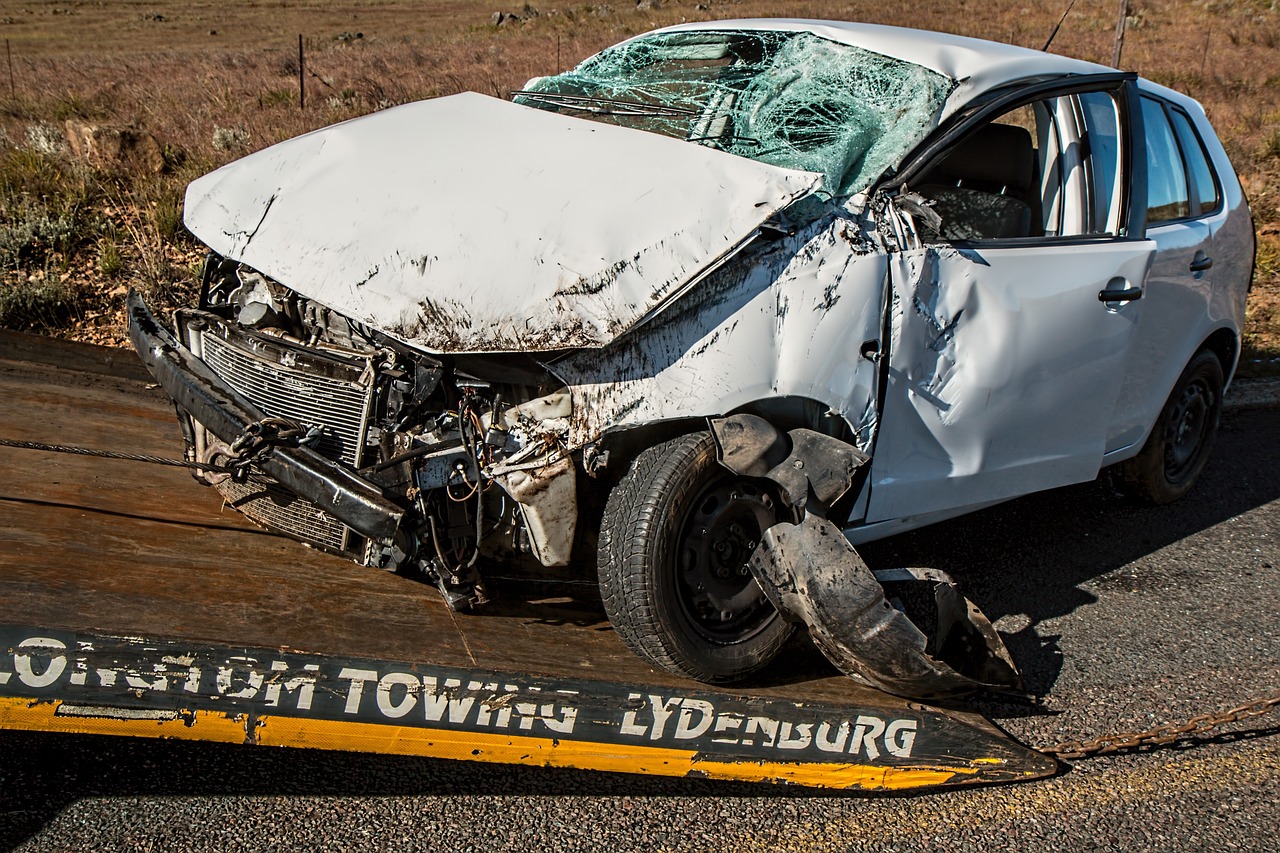Every year, millions of lives are impacted by road accidents worldwide. According to the World Health Organization (WHO), around 1.19 million people die due to road accidents every year. Moreover, these accidents leave around 20 to 50 million people with non-fatal injuries worldwide.
These accidents not only cause physical harm but also leave lasting emotional and financial scars on victims and their families. However, amidst these challenges, communities can play a pivotal role in supporting road accident victims.
Through empathy and resourcefulness, communities can create a network of support that helps victims navigate the difficult journey of recovery and rehabilitation.
Understanding the Impact
Car accidents can have profound and lasting impacts on victims, extending far beyond physical injuries. Beyond the immediate trauma of the event itself, individuals involved in car accidents often experience emotional and psychological distress.
The sudden and unexpected nature of accidents can lead to feelings of shock, fear, and anxiety. These problems may persist long after the physical injuries have healed. Victims may also grapple with guilt, particularly if they believe they could have prevented the accident.
A ScienceDirect study did a meta-analysis of several such studies to find the relationship between auto crashes and mental health. It was concluded that all reviewed studies established negative consequences on mental health following a car accident.
The physical injuries sustained in car accidents can range from minor cuts and bruises to severe trauma requiring extensive medical treatment. These injuries can result in pain, disability, and diminished quality of life, impacting victims’ ability to work and engage in daily activities.
In cases of catastrophic injuries, such as spinal cord or traumatic brain injuries, victims may face permanent disabilities and long-term care needs. Beyond the immediate impact on victims, car accidents can also have ripple effects on their families and communities.
Loved ones may experience emotional distress and financial strain as they support the recovery of the injured individual. In cases of fatalities, families must cope with the profound loss of a loved one.
However, there are many ways in which communities can help those impacted by these collisions. Let’s discuss some ways in which communities can do so.
Connecting Victims With Local Lawyers
In the aftermath of a car accident, victims often find themselves overwhelmed with medical bills, insurance claims, and legal proceedings. In such times, communities can play a pivotal role in supporting these victims by connecting them with local lawyers.
This assistance can start with simple outreach efforts, such as spreading awareness within the community about resources available to car accident victims. Local community centers, libraries, and online forums can serve as platforms to disseminate information about legal aid services.
Community organizations and leaders can collaborate with legal clinics or bar associations to organize workshops or information sessions. These events can educate victims about their rights, the legal process, and the importance of seeking legal representation promptly.
According to Springs Law Group, this assistance is vital because a professional lawyer can help in numerous ways. For instance, an attorney can help gather evidence, establish liability, calculate damages, negotiate with insurance companies, etc.
However, the thing with hiring lawyers is that they need to be local to understand region-specific rules and regulations. This can be challenging for tourists or someone unfamiliar with regional attorneys. Communities can help victims connect with these lawyers.
For instance, a four-vehicle collision occurred recently in Colorado Springs. According to KKTV, several people were injured and were taken to a hospital. Three of them were listed in critical condition. Police believe that the crash resulted because of speeding and intoxication.
Now, in this situation, a Colorado Springs auto accident attorney is best suited to handle this case. That’s because he or she will have profound knowledge of all the local laws. Moreover, the attorney will also know the law enforcers and how the legal administration works there.
Creating a Supportive Network
Building a supportive network within the community is a crucial step in assisting road accident victims. This network includes stakeholders, including local authorities, medical professionals, social workers, and volunteers. Establishing communication channels and coordinating efforts among these entities is essential for timely and comprehensive assistance to victims and their families.
Local authorities, such as emergency medical services and law enforcement support, can play a vital role in providing immediate aid at the accident scene. They can also collaborate with healthcare facilities to ensure victims receive timely and appropriate medical treatment.
Additionally, local governments can implement road safety initiatives to prevent future accidents, thereby reducing the overall burden on the community. Medical professionals, including doctors, nurses, and therapists, are instrumental in recovery.
Beyond medical care, social workers can offer emotional support and rehabilitation services tailored to the unique needs of accident victims. They can also provide valuable assistance in navigating financial resources, accessing legal aid, and addressing the psychosocial challenges victims and their families face.
Volunteers and community organizations are crucial in providing additional support and resources. Volunteers can offer a sense of solidarity and hope through fundraising efforts, peer support groups, or practical assistance with daily tasks.
A support network is also vital for improving the mental state of the victims. According to a Forbes article, it is very common for people to suffer from Post Traumatic Stress Disorder (PTSD) after an accident. Support groups can help victims cope with PTSD symptoms and improve recovery efficiency.
Promoting Awareness and Advocacy
Raising awareness about road safety issues and advocating for policy changes are essential to community support initiatives. Communities can organize awareness campaigns, seminars, and workshops to educate the public about the importance of safe driving practices.
Advocacy efforts can focus on lobbying for stricter traffic law enforcement, improving infrastructure to enhance road safety, and enhancing support services for accident victims. By amplifying the voices of victims and their families, communities can drive meaningful change and prevent future tragedies.
To conclude, supporting road accident victims is a collective responsibility that requires the entire community’s involvement. By following the tips in this article, communities can provide meaningful assistance to those affected by road accidents.
Through collaborative efforts and unwavering compassion, communities can become beacons of hope and resilience for accident victims. They can help the victims navigate the path to recovery and rebuilding their lives.







